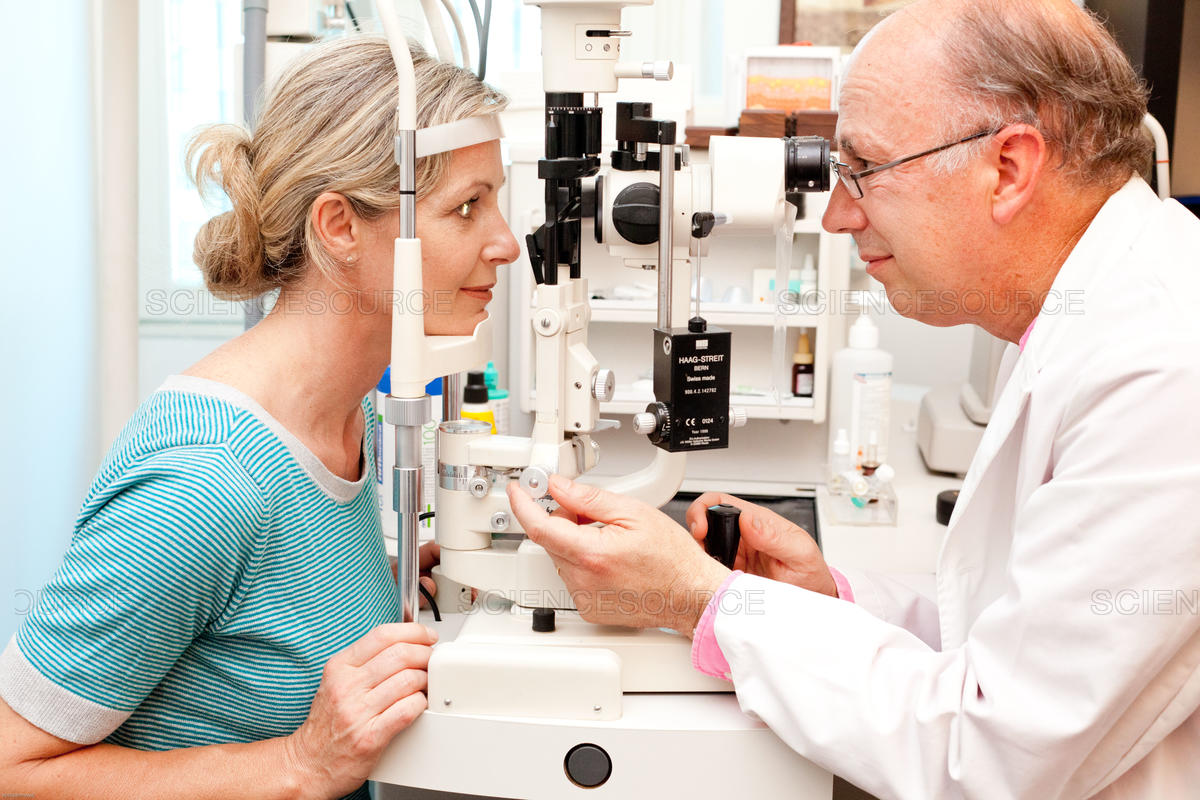Independence Day, New Year’s Eve and many other types of celebrations are highlighted by spectacular firework displays. Zietchick Research Institute, an organization whose mission is to help preserve eye health, wants to increase awareness about the potential dangers of fireworks, especially to the eyes. Although fireworks mostly bring us joy, they sometimes bring great harm. What exactly are fireworks? The Zietchick lab explains that fireworks are any device that contains gunpowder or other combustible chemicals intended to cause a visible or audible effect by explosion. Types of fireworks are vast and include blank cartridges, firecrackers, torpedoes, skyrockets, bombs, sparklers and Roman candles.
Zietchick Research Institute explains that eye injuries are amongst the most common type of trauma caused by fireworks. A review article of firework-related eye injuries by RPL Wisse, WR Biglsma, and JS Stilma, published in the British Journal of Ophthalmology, shows that one out of six eye injuries caused by fireworks results in severe loss of vision. Hemorrhage to either the front of the eye (called hyphema) or the back of the eye (called vitreous hemorrhage) is the most frequent manifestation of fireworks eye trauma. A study by BK Sandvall, et al, published in the American Journal of Emergency Medicine, shows that amongst ocular fireworks-related injury, shells and mortars are disproportionately responsible for permanent vision damage. Thus, different types of fireworks have different rates of eye injury.
Young adult men are the most likely group to experience eye injury from fireworks. “Perhaps, this is because they are the group of people who most commonly set off fireworks. However, keep in mind that eye injury to bystanders is also a common occurrence,” says Zietchick Research Institute. Thus, both participants and observers to firework displays need to take caution. It is well documented that countries, states and counties with stricter laws regulating the personal use of fireworks tend to have the least amount firework-related injuries.
Nearly everyone already knows that that fireworks should never be used indoors. Most people also know that fireworks should never be used anywhere close to a nuclear power facility, a gas station, or a facility that refines, processes, or blends gasoline. In addition to this, Zietchick Research Institute recommends that we always follow local laws regarding usage as well as pay attention to all safety recommendations by Consumer Product Safety Commission such as:
- Always have a responsible person (over 18 years of age) supervise fireworks activities.
- Never allow any body part to be directly over any fireworks device
- Never try to re-ignite fireworks
- Never point fireworks at anyone at any time
- Keep a water supply nearby in case of fire or other mishap.
- Never put fireworks in your pocket or set them off in metal or glass containers

Leave a Reply